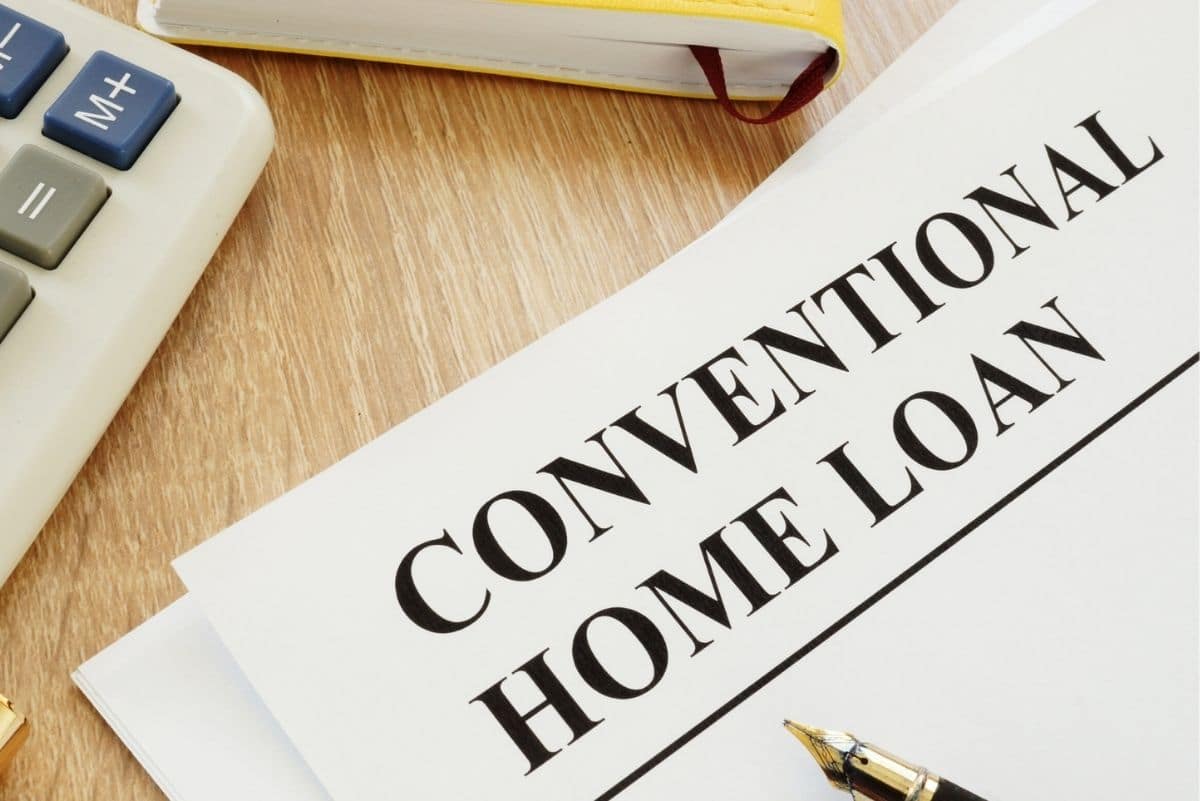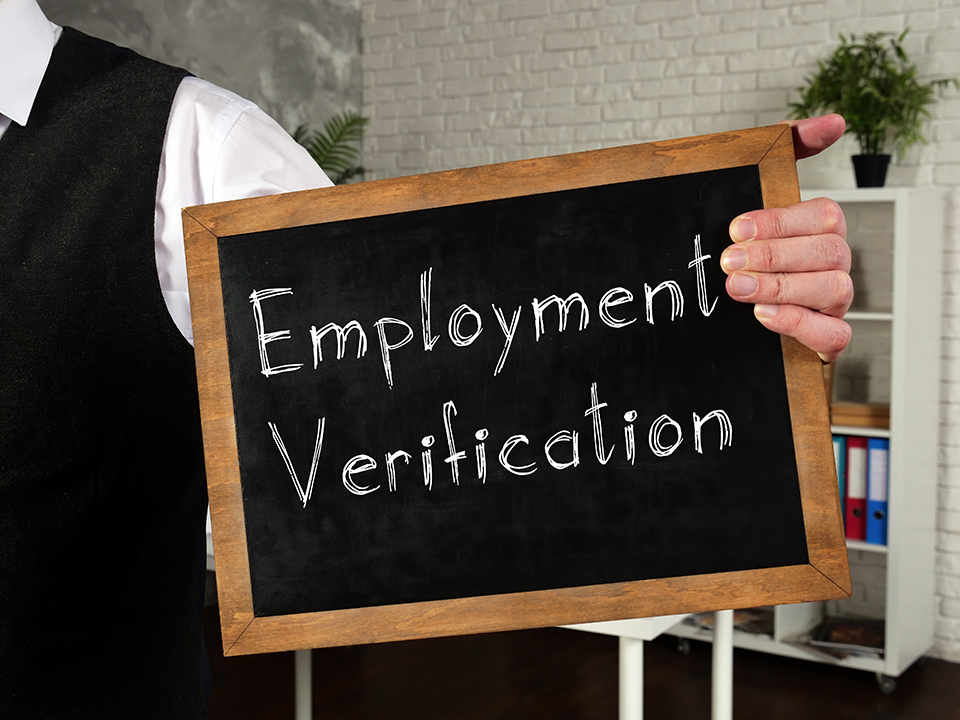Standard Loans
The go-to option for most homeowners whether it’s your first house or your tenth, these mortgages help you get your dream house easier.
Standard
Conventional
Best for first-timers, experienced purchasers, and homeowners looking to refinance with competitive rates. Conventional loans are typically the most competitive rates for those who qualify. If you don’t know where to start, this is the place.
A conventional loan is a conforming traditional loan that meets the requirements set by Fannie Mae or Freddie Mac. These loans make up the most common loans by homeowners as they often provide the most competitive rates and the most traditional qualification criteria. Because these are the most common loans, most lenders have down payments as low as 3% and great interest rates. Most purchasers for homes will qualify for and seek this loan.
These loans have:
- Competitive interest rates
- Standard and traditional qualifying metrics
- Standard financing structures
Requirements to keep in mind when considering a Conventional loan:
- Private mortgage insurance if less than 20% is put down
- Typically credit scores over 620
- Typically loans under $648,000 (Exceptions based on county and state)
Standard
FHA
For buyers who require broader financial regulations when securing a loan. These loans are perfect for prospective homeowners who have low credit scores, are in debt, or have financial records that contain bankruptcy and other financial issue.
An FHA Loan is a government mortgage insured by the Federal Housing Administration (FHA). FHA Loans offer borrowers relaxed credit requirements and more flexible underwriting guidelines than conventional loans. In addition to purchase loans, refinance programs are available for FHA borrowers, non-FHA borrowers, and homeowners interested cash-out options. Up to 85% of the home’s current value can be taken out in cash with a refinance.
Situations in which an FHA loan makes sense:
- Lower credit score requirements
- Lower down payment options
- Ability to roll closing costs into your loan
Standard
VA
For the brave Veterans, service members, and surviving spouses looking to purchase or refinance a home. These loans offer the most competitive rates for the people who serve our country and are looking to find or restructure their perfect home. These are typically the best rates on the market for anyone who qualifies, and at Loan Vault we are always proud to help eligible Veterans, service members, and surviving spouses find their best options with us.
A VA loan is a government loan that is backed by the VA (Department of Veteran Affairs). The loans are backed by certain guarantees that allow for lenders to typically offer no down payment and less strict requirements than other loans. As a result, veterans and other qualifying persons typically receive the lowest rates in the market, no down payment, and cheap monthly payments. These loans are protected by the US government to ensure the most competitive rates for the members of our Armed Forces.
These loans have:
- NO down payment
- No private mortgage insurance
- Amazing rates and low monthly payments
Requirements (one or more of the following) to keep in mind when considering a VA loan:
- You served 90 days of active service during wartime
- You served 181 days of active service during peacetime
- You are the spouse of a service member who has passed away in the line of duty or due to a service-related disability.
- You have 6 years of service in the National Guard or Reserve
Standard
HELOC
HELOCs are lines of credit that allow homeowners to borrow money against the equity of their house. What does that mean? It means that you can tap into the value of your house without selling and still get money or payments from your house rather than making the payments.
A HELOC is a second mortgage that allows you to borrow large sums of money by using your house as a line of credit. These mortgages begin with an appraiser coming to appraise your home, which presents an up front cost on the shoulders of the lendee. The lendee then received the appraisal of their house, and this value is used to allow for them to receive a loan against the value of their house, thus resulting in the allowance for large sums of money. This money is tied up in your house, so the collateral is that your house is the asset that is being tied to the lenders if you fail to make a payment. These loans come with two periods, the draw period where you take out cash and make payments only on interest, and the repayment period, where you then make principal and interest payments.
These repayments can stack up very quickly and are often the biggest disadvantage to a HELOC. Be sure to talk to one of our trusted Loan Officers to ensure the use of the loan will offset these repayments and make for the best financial decision for your financial future.
A HELOC has:
- The ability to borrow large sums of money
- No specification on what that money is used for
- Benefits when trying to consolidate debt at low interest rates
Requirements to keep in mind when considering a Home Equity Line of Credit:
- Credit scores over 700
- You must hold at least 15-20% equity in your home
- Proof of reliable income
- Low debt-to-income ratios
Standard
Verification of Employment (VOE)
For people who do not meet or have been rejected for loans with stricter requirements, VOE loans are perfect for anyone who has needs for a unique route to finding a loan. These loans allow you to forgo W-2s, paystubs, and tax returns when applying for and securing a loan.
A VOE loan, or Verification of Employment loan, is a loan that is verified directly with the employer. These loans allow for individuals who have been denied or do not qualify for more conventional loans to use their employment as verification that they can meet payments. This means your financing will come through proof of your payment, and is great for salaried or wage earners. These loans typically come with 20% down payments in order to get the best deals. In short, these loans are perfect for anyone who wants to utilize their employment to get approved for a loan, or get approved faster than most conventional and FHA loans.
These loans:
- Have flexible loan terms
- Can go up to $5 Million
- Accept credits scores as low as 650
- Have fast approval times, much faster than conventional and FHA loans
Requirements to keep in mind when considering a VOE loan:
- Credit score over 650
- 2 years of employment with the same employer
- Employer fills out verification of employment form.
- Mortgage reserves for 6-12 months (savings to pay for 6-12 months of mortgage payments)
Standard
Reverse
A reverse mortgage is perfect for anyone of retirement age who is looking to restructure their finances to receive an extra source of income for medical bills, living expenses, or any other expense that may require extra money from the individual. These mortgages involve receiving payments each month rather than paying them, in order to tap into the value of your home to get more cash upfront.
A reverse mortgage is a mortgage where you receive a monthly payment every month on your home rather than make one. Sound too good? Well too bad, because it’s true. Reverse mortgages simply borrow against the value of your home. It’s like selling your house but being able to live in it until you want to sell. The way it works is that you borrow against the value of your home, and a lender gives you that borrowed value. When the time comes to sell, your borrowed value is taken out of the sale plus interest, meaning you may not get all the sale value you would in a traditional mortgage, but that is what makes it possible for you to receive payments early before you sell.
These loans are:
- Perfect for people of retirement age (over 62 years old)
- Allow you to receive a payment rather than make one
- Involve you tapping into the value of your home BEFORE making a sale.
Requirements to keep in mind when considering a Reverse Mortgage:
- Must be 62 years or older
- Mortgage must be on your primary residence
- Must have at least 50% equity in the home





